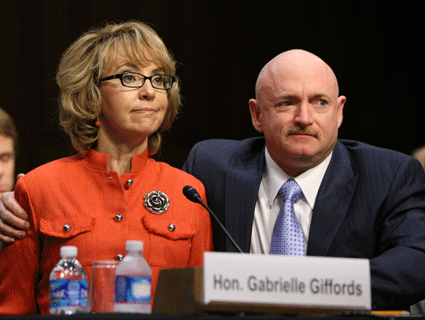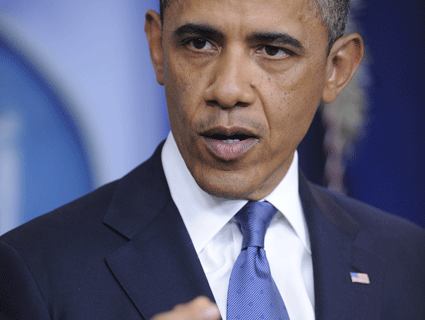
<a href="http://www.shutterstock.com">Prixel Creative</a>/Shutterstock
It took December’s Newtown massacre to renew the debate around mental health policy in America. In the wake of the shooting, President Obama took close to two dozen executive actions on gun control, several of which deal with providing better services to the mentally ill, and recent Congressional hearings have focused on the issue. This week, the Obama administration issued a long-awaited set of Obamacare regulations that will require health insurers to cover mental health services for tens of millions of people for the first time.
On Wednesday, the Department of Health and Human Services issued its final rule defining what the government calls essential health benefits—the ten broad categories of health services that must be offered by most health insurance plans starting next year (states will decide what specific benefits will be covered within those categories). Under the new regulation, insurers will be required to cover the treatment of mental illnesses, behavioral disorders, drug addiction and alcohol abuse. The rule will allow 32 million people to gain access to mental health coverage, and will increase benefits for another 30 million.
The New York Times reports:
White House officials described the rule as a major expansion of coverage. In the past, they said, nearly 20 percent of people buying insurance on their own did not have coverage for mental health services, and nearly one-third had no coverage for treatment of substance abuse.
The rule requires insurers to cover benefits in 10 broad categories, including hospital services, prescription drugs and maternity and newborn care.
[HHS secretary Kathleen] Sebelius said the partial standardization of benefits would make it easier for consumers to compare health plans.
The new regulations make mental health coverage cheaper for patients by limiting deductibles and out of pocket costs and requiring that new health insurance policies pay for between 60 and 90 percent of the cost of the services they cover.
But since states decide which specific mental health benefits insurance companies will have to offer, access to different treatments will vary from state to state. This has left many mental health advocates disappointed. Newtown killer Adam Lanza reportedly suffered from Asperger’s Syndrome, a type of autism. As the Times reports, only 32 states have laws requiring coverage of autism treatments.








